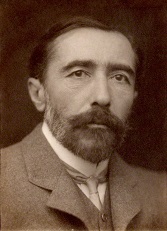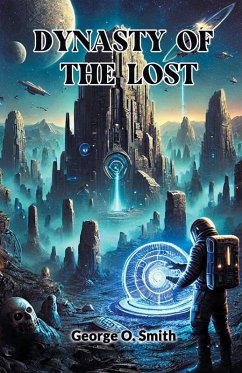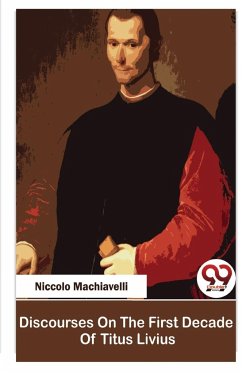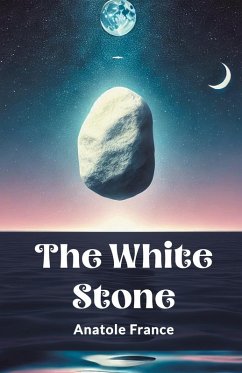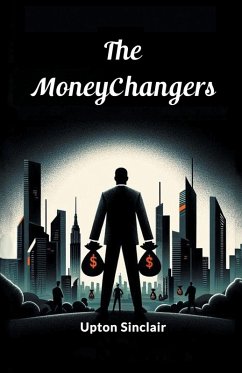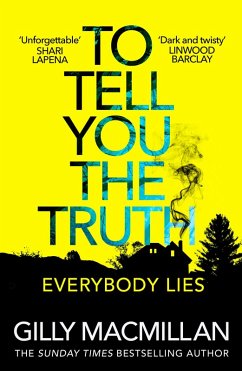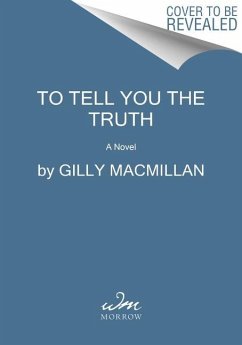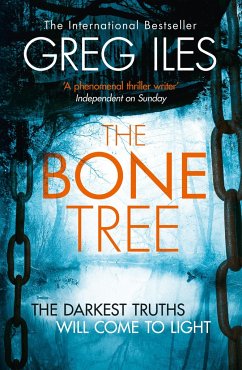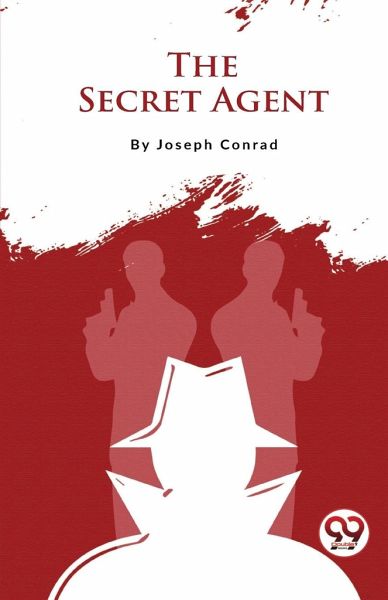
The Secret Agent
Versandkostenfrei!
Versandfertig in 1-2 Wochen
19,99 €
inkl. MwSt.

PAYBACK Punkte
10 °P sammeln!
Joseph Conrad wrote the book The Secret Agent, which was released in 1907. The main character of "The Secret Agent" is Mr. Adolf Verloc, a clandestine agent working for an unspecified foreign power who poses as a seedy shopkeeper in Soho and lives with his devoted but stoic wife, her ailing mother, her younger brother Stevie, and their family. This polite, soft-spoken man now reports to a new spymaster, a condescending and gloating man by the name of Mr. Vladimir, who gives him a new assignment that will attack the foundation of science and therefore make enough noise to accomplish his deeper,...
Joseph Conrad wrote the book The Secret Agent, which was released in 1907. The main character of "The Secret Agent" is Mr. Adolf Verloc, a clandestine agent working for an unspecified foreign power who poses as a seedy shopkeeper in Soho and lives with his devoted but stoic wife, her ailing mother, her younger brother Stevie, and their family. This polite, soft-spoken man now reports to a new spymaster, a condescending and gloating man by the name of Mr. Vladimir, who gives him a new assignment that will attack the foundation of science and therefore make enough noise to accomplish his deeper, more implicit purpose. Also involved unwittingly in the same conspiracy are Verloc's revolutionary comrades, each one of them quite an enigmatic character on his own, including someone named The Professor but you find out about him after reading the novel! Although, this story sounds like a classic spy story which makes it interesting!





